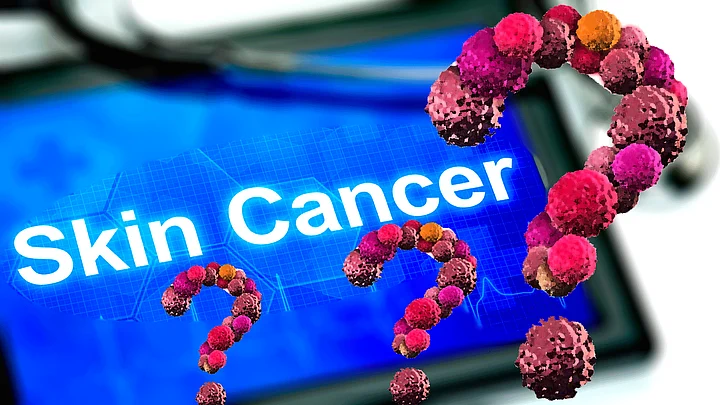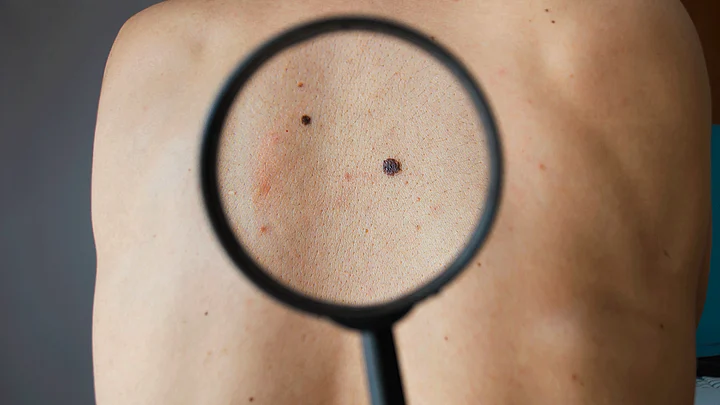Contrary to popular belief, a new study has found that people with fewer moles are actually more prone to developing the most serious type of skin cancer - melanoma. And this comes as a shocker, because till now the popular perception was that mole-y people are at a higher risk of this deadly cancer and counting the number of moles on your body was a common way to assess the risk.
A study published in renowned medical journal JAMA found that a majority of people diagnosed with melanoma often had 0 to 20 moles on their bodies.
Moles & Melanoma Link Questioned

In the study, doctors in the US counted the moles on the bodies of nearly 600 melanoma patients, all above the age of 57 in California. Experts were dumbstruck by the findings. Roughly two-thirds had zero to 20 moles in their bodies, a number that physicians consider very small.
The researchers shattered another common misconception that nearly three out of four people did not have unusual or weird looking moles, considered to be the tell-tale sign of melanoma. So no irregular, asymmetrical-shaped protrusions, or wide yucky moles of multiple colours, just the regular, smooth spots on your skin which look and feel harmless.
Related Read: The Only Sunscreen Article You Need To Read -Sunscreens Can Protect You From Skin Cancers But Do They Work?
Takeaway

Melanoma is mostly curable if caught in the early stages. The disease is staged according to its thickness in the skin. In general, tumors less than 1mm thick have a very small chance of spreading. But as melanoma becomes thicker, it has a greater chance of spreading.
The main takeaway of this study is that everybody should look out for any changes in the skin. You get moles till your teenage years, if you get one after becoming an adult, get it screened.
And be careful about anything which looks like a rash and doesn’t go for weeks or months, a growth (no matter how small) which shouldn’t be there, any new -black, brown, red or pale looking mole - mostly with vague borders and changing shapes, evolving sizes, needs to be brought to your skin specialist’s notice. Worry not, not every protrusion is cancerous, but it can’t hurt to get checked.
How To Tell If You Have Melanoma?
.jpeg?auto=format%2Ccompress&fmt=webp&width=720)
Doctors recommend taking photos of moles and looking for any changes over time using the “ABCD” method, so look for:
- Asymmetry (one-half of the mole starts to look different than the other half)
- Border (the edges of the mole begins to change and become notched, uneven, or blurred)
- Color (the colour of the mole is uneven or changes, for example, becomes darker)
- Diameter (the mole becomes wider than the diameter of a pencil head eraser)
Less than half of melanomas develop from existing moles. They can develop anywhere on the body and are most commonly found on the trunks in men and legs in women.
Melanoma accounts for just one per cent of all skin cancers, but is by far the most deadly form of the disease.
(At The Quint, we are answerable only to our audience. Play an active role in shaping our journalism by becoming a member. Because the truth is worth it.)
